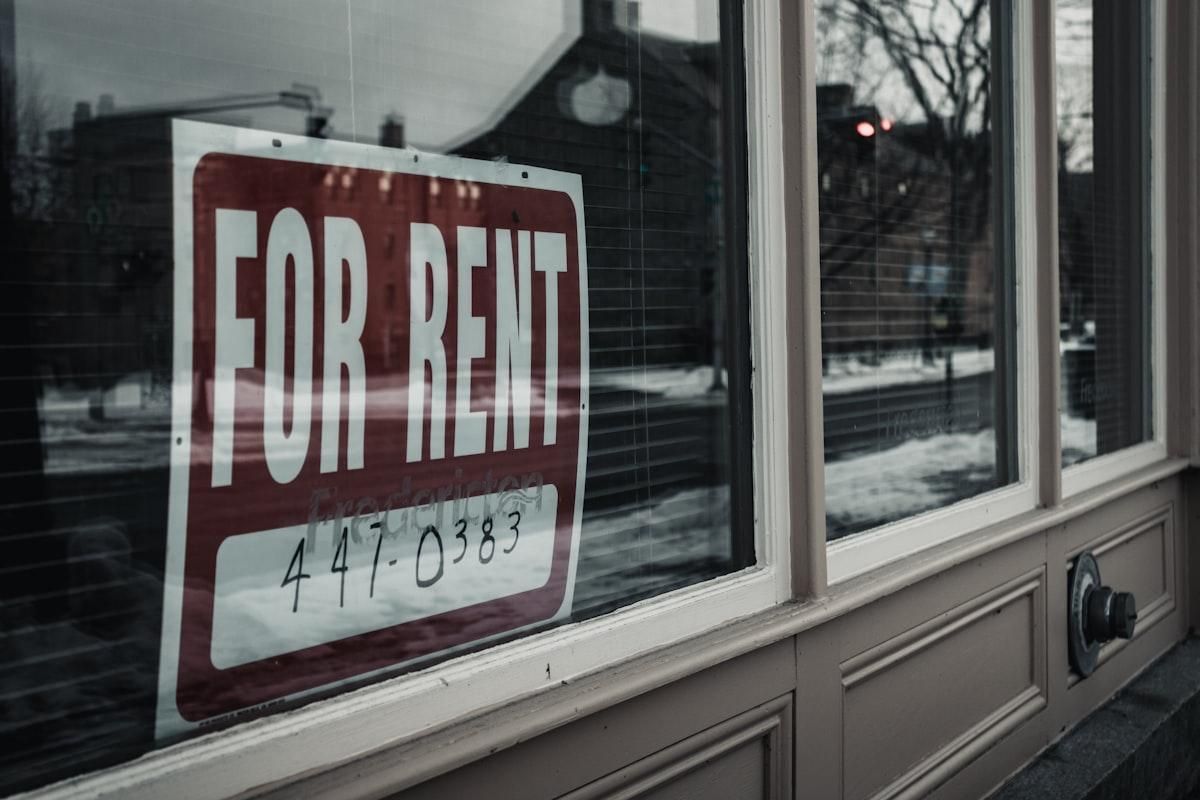
Handling Lease Conflicts
FAQ (v2022-1)
I have a tenant that stopped paying. Can I forcibly prevent him from re-entering the leased premises?
If there is a current/existing lease agreement, generally, no. As long as the lease is in force, you are not allowed to force the lessee out, or physically prevent him/her from re-entering the premises. Some lease agreements provide remedies to the tenant and landlord.
May I cut the water and electricity to the premises?
Not without incurring some legal risks. It is common practice for the lessor to cut the water and/or electricity. However, the legal position isn't very strong. Usually, the lease agreement includes the obligation to ensure that the space is safe and habitable. The tenant can question the act as a violation of the contract. Further, the if the lease is still continuing, what you really have the right to is to collect unpaid rent but not to remove anything that was included in the lease agreement, unless such remedies are stated in the contract.
Am I allowed to evict the tenant?
Generally, no. The tenant has the right to stay in the premises for the entire duration of the lease agreement (i.e. 1 year/2 years/etc.) What you have is the right to collect unpaid rents. It is very important to include remedies for non-payment in the contract itself. If the contract provides for eviction, the process would still need to be aligned with the law (i.e., adequate notice and opportunity to comply with obligations, etc.).
If the lease is expired, how will I evict the tenant?
You are required to file a case with the courts, it is only the court that can evict a tenant. Thus, it is important to include remedies for the lessor in the contract.
What remedies are placed into the contract?
To protect the lessor, many contracts allow: padlocking, cutting of utilities, sale of items found in the premises, termination of lease (right of possession of lessee) upon non-payment for a certain of time, interest on late payment, forfeiture of deposit, advance/s and similar monies held by the lessor.
What if the lease expired but the lessee continued payments and I still accepted them?
There is an 'implied lease' created by law that revives all the terms and conditions of the lease.
What if the lease has expired and the lessee is still sending payment/s but I do not want the lease to continue?
You should send a written notice to the lessee that the lease has expired and that you are legally demanding him/her to vacate the premises immediately.
If I do not send the notice, what is the consequence?
As mentioned above, the 'implied lease' is created by law and your remedies will be limited by the revived terms and conditions. The lessee will have an arguable right to remain in possession of the leased premises until a court orders the lessee to vacate.
How long do court proceedings for eviction take?
Actions for 'unlawful detainer' or 'ejectment' are covered by the Rules on Summary Procedure and do not take as long as regular cases. However, the process still takes several months.
Am I allowed to recover the unpaid rent as well as other damages?
Yes. But, only a court can order payment of unpaid rent and other damages.